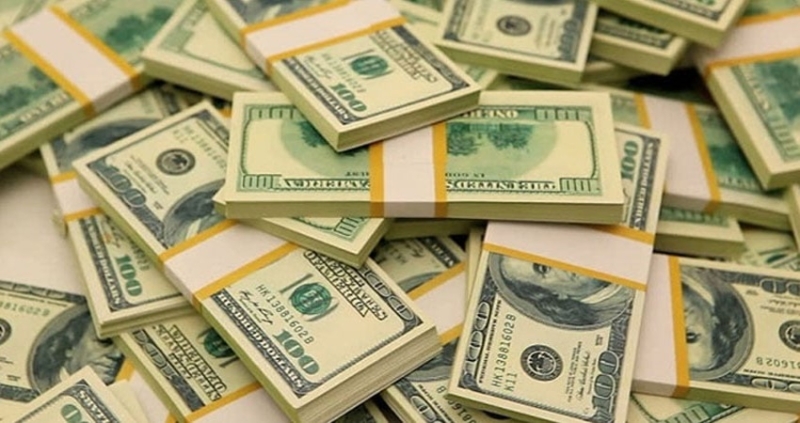- 2,582 candidates submit nomination papers for Bangladesh polls |
- Tarique Urges Collective Effort to Rebuild Bangladesh |
- US Pledges $2 Billion for UN Humanitarian Aid, Covers Bangladesh |
- Postal Ballots Sent to Over 376,000 Bangladeshi Voters Abroad |
- Arms smuggling attempts rise ahead of BD polls: Home Adviser |
Bangladesh to Borrow $1.06bn in Hard-Term Foreign Loans

Representational photo
The government of Bangladesh has approved borrowing nearly $1.06 billion in hard-term foreign loans to finance seven major development projects across the country, officials said.
The decision was taken at a meeting of the Economic Relations Division’s (ERD) Foreign Aid Exploration Committee on Wednesday at the NEC Conference Room in Sher-e-Bangla Nagar, chaired by Economic Adviser Dr. Salehuddin Ahmed.
Unlike concessional loans, which offer low interest rates and longer repayment periods, hard-term loans carry higher market-based interest rates along with shorter repayment and grace periods. With Bangladesh now a middle-income country, concessional financing from traditional lenders such as the World Bank and Asian Development Bank (ADB) is declining, prompting the government to increasingly rely on non-concessional borrowing.
The approved projects include expansion of Dhaka’s water supply system, construction of climate-resilient bridges in Mymensingh, upgradation of northern power supply, conversion of the Chattogram–Dohazari rail line to dual-gauge, the Dhaka Environmentally Sustainable Water Supply Project, Khulna Water Supply (Phase II), and a power distribution project in the northern region under the Northern Electricity Supply Company (NESCO).
Among the largest schemes is the Syedabad Water Treatment Plant (Phase III), with a projected cost exceeding Tk 16,000 crore. The European Investment Bank (EIB) will provide Tk 11,448 crore ($900 million) entirely under hard-term conditions. EIB is also financing the Dhaka Environmentally Sustainable Water Supply Project, worth Tk 10,973 crore, providing Tk 6,740 crore ($900 million) under similar terms.
Other financing approvals include Tk 2,850 crore from the Islamic Development Bank (IsDB) for five climate-resilient bridges in Mymensingh, Tk 7,000 crore from ADB for the Chattogram–Dohazari rail upgrade, Tk 1,821 crore from ADB for Khulna Water Supply (Phase II), and Tk 965 crore from ADB for the northern power distribution project.
ERD sources noted that the government is exploring options to secure future loans on softer terms, but opportunities for concessional financing are becoming increasingly limited as Bangladesh transitions to middle-income status.
Officials stressed that the hard-term loans will be crucial for the timely implementation of priority development projects aimed at strengthening infrastructure, enhancing urban services, and improving climate resilience across the country.

